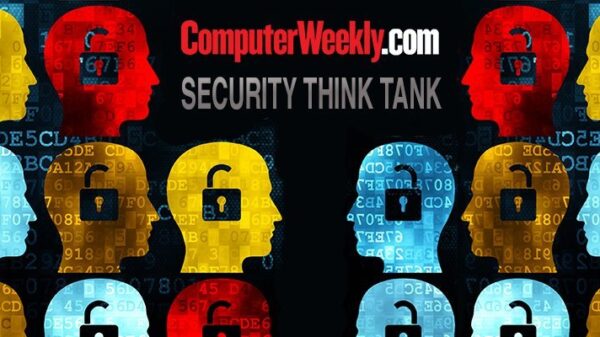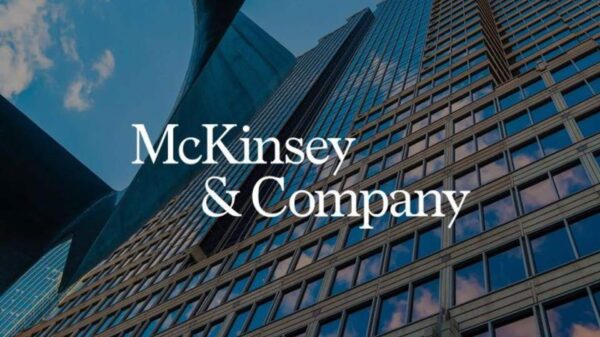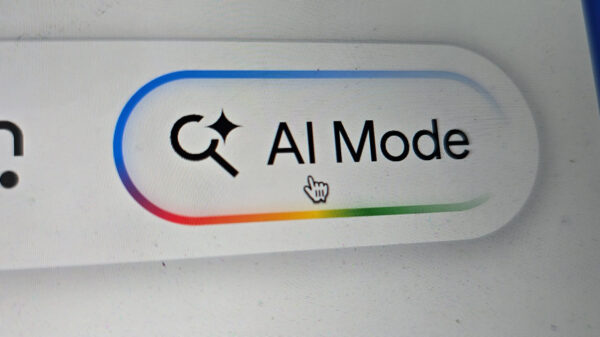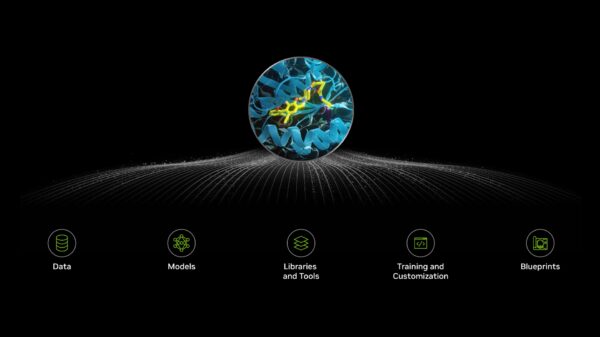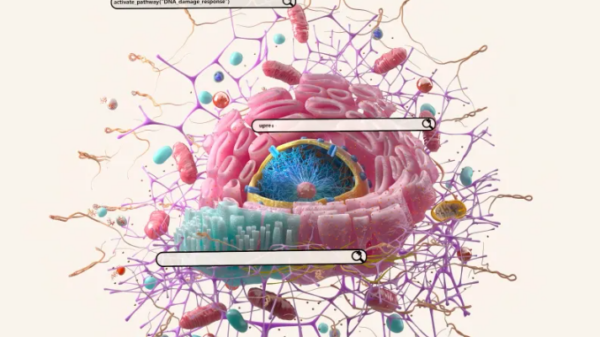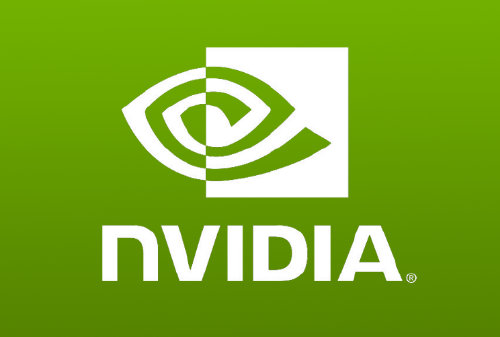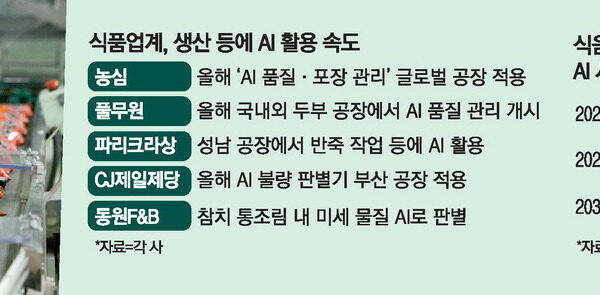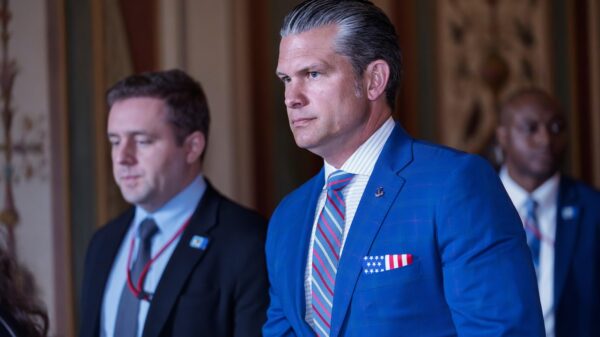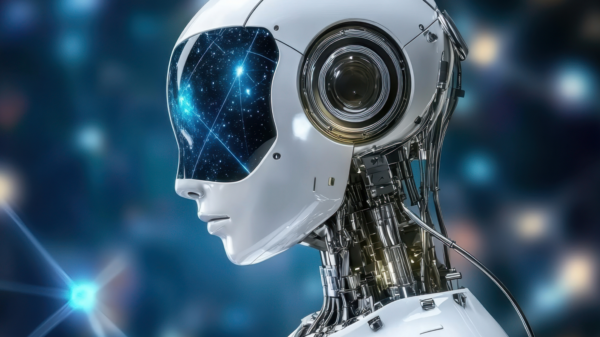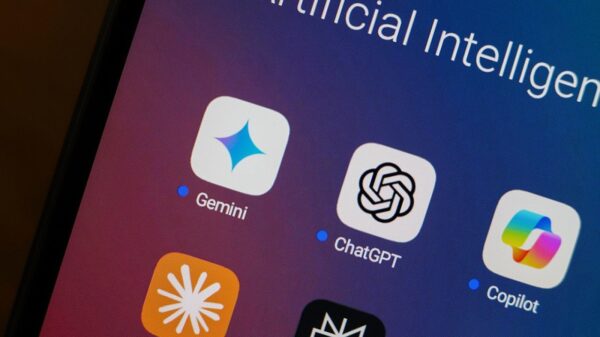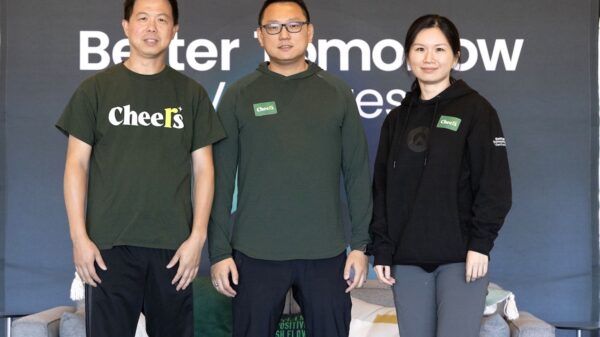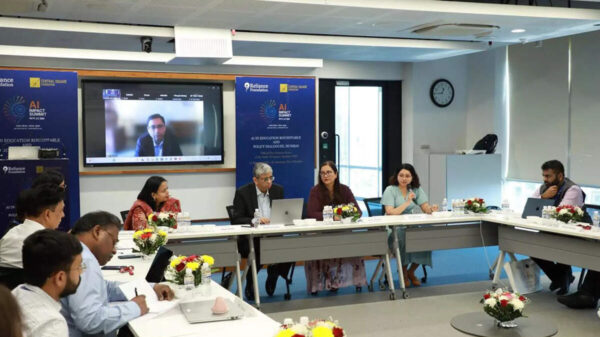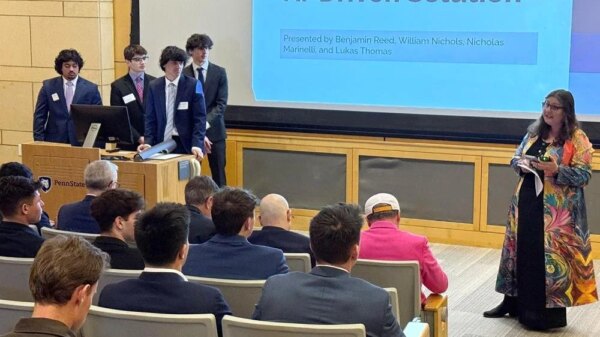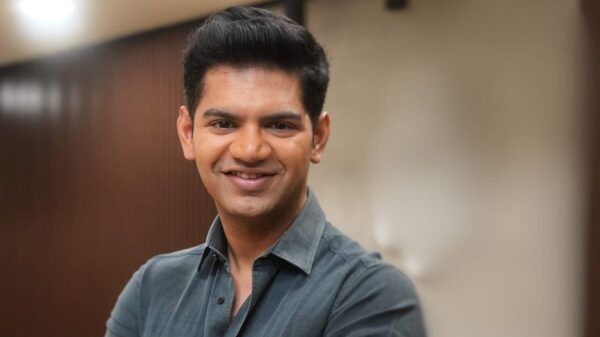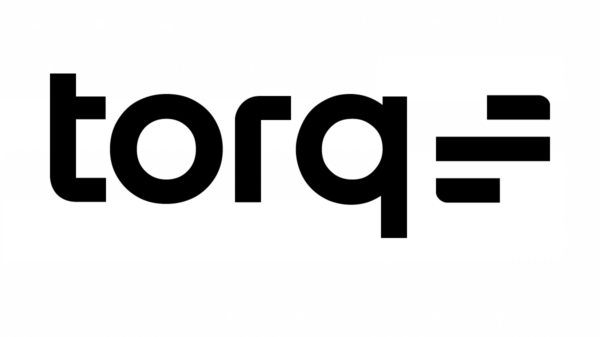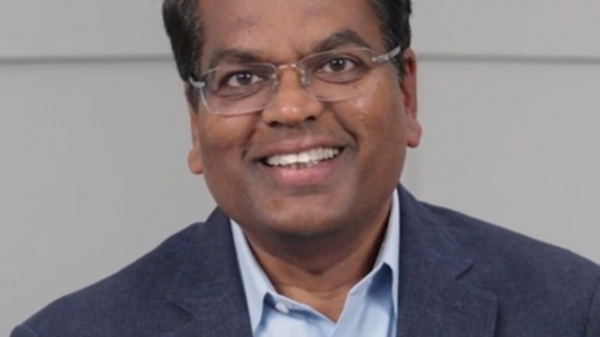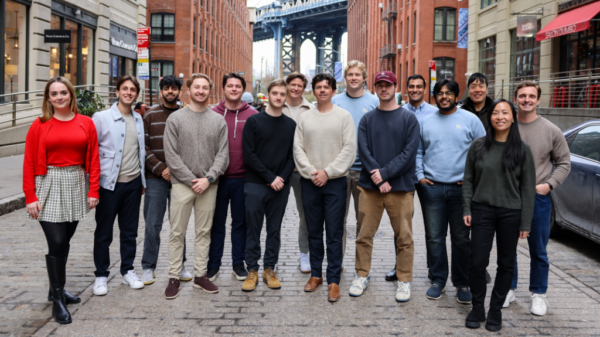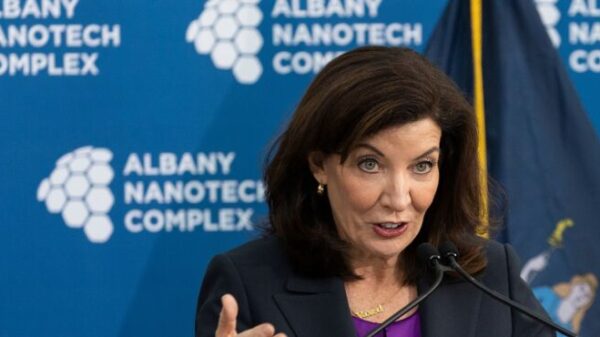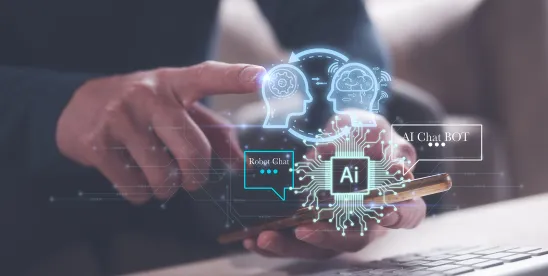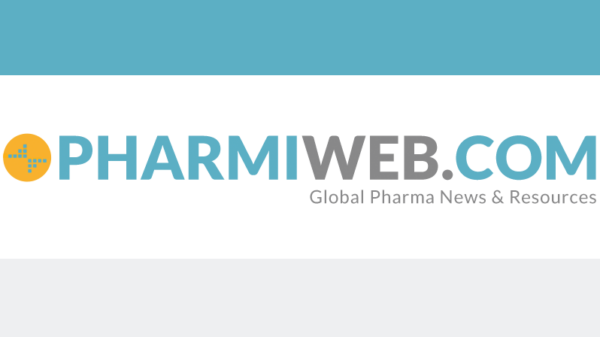In an insightful discussion about the adoption of artificial intelligence (AI) within healthcare, the CEO of the McGill University Health Centre, Dr. Théo Antunes, highlighted the intricate balance between harnessing technological advancements and managing inherent risks. As healthcare systems worldwide increasingly integrate AI technologies, understanding these challenges is crucial for ensuring patient safety and system efficiency.
Dr. Antunes emphasized that while AI presents remarkable opportunities for enhancing patient care, it also raises significant ethical and operational concerns. “The potential for AI to improve diagnostics and treatment plans is transformative,” he stated. However, he cautioned about the “risks associated with data privacy, algorithmic bias, and the implications of machine decision-making in clinical settings.” These concerns are particularly pressing as healthcare institutions strive to align AI capabilities with regulatory frameworks while maintaining patient trust.
Managing Risks in AI Implementation
One of the central challenges discussed by Dr. Antunes is the need for comprehensive risk management strategies when implementing AI solutions. He pointed out that AI systems, if not properly regulated, could lead to adverse outcomes in patient care. For instance, biases in training data can lead to skewed results, disproportionately affecting marginalized groups. “AI needs to be as inclusive as possible to avoid widening health disparities,” he noted, signaling a crucial area for development in AI ethics.
Furthermore, the rapid pace of AI advancements poses a dilemma for healthcare leaders. Dr. Antunes highlighted the importance of a collaborative approach, involving stakeholders from various sectors, including technology, healthcare, and policy-making. “We must create an environment where technologists and clinicians can work together to mitigate risks while maximizing AI’s potential,” he stressed.
The Future of AI in Healthcare
Looking forward, Dr. Antunes expressed optimism regarding the future of AI in healthcare. He pointed out that the successful integration of AI technologies could lead to significant improvements in patient outcomes and operational efficiencies. He cited examples of AI-driven tools that assist in predicting patient admissions, which can streamline hospital operations and enhance resource allocation.
Moreover, the CEO of McGill University Health Centre underscored the necessity for continuous education and training for healthcare professionals. “As AI technologies evolve, staying informed about their functionality and limitations is crucial for clinicians,” he said. This ongoing education will empower healthcare workers to utilize AI tools effectively while also advocating for patient-centered care.
Ultimately, the integration of AI into healthcare systems is not merely about technology adoption; it requires a profound understanding of the ethical implications and a commitment to improving healthcare delivery. As Dr. Antunes aptly concluded, “Our goal should be to leverage AI to serve humanity better, ensuring that we prioritize ethical standards and patient safety above all else.” This perspective encapsulates the thoughtful approach necessary for navigating the future of healthcare in the age of AI.
See also Check Point Partners with Microsoft to Secure Copilot Studio with AI Guardrails
Check Point Partners with Microsoft to Secure Copilot Studio with AI Guardrails Ceva Shares Plunge 14% Despite Winning 2025 IoT Edge AI Excellence Award
Ceva Shares Plunge 14% Despite Winning 2025 IoT Edge AI Excellence Award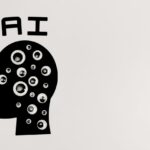 US Companies Report 72% AI Risk Disclosures, Up from 12% in 2023 Amid Regulatory Scrutiny
US Companies Report 72% AI Risk Disclosures, Up from 12% in 2023 Amid Regulatory Scrutiny Ferris State University Achieves NSA CAE Accreditation for Secure AI Program
Ferris State University Achieves NSA CAE Accreditation for Secure AI Program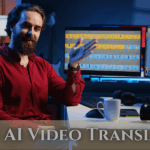 6 Best AI Video Translators of 2025 Unveil Speedy, Accurate Global Content Solutions
6 Best AI Video Translators of 2025 Unveil Speedy, Accurate Global Content Solutions





